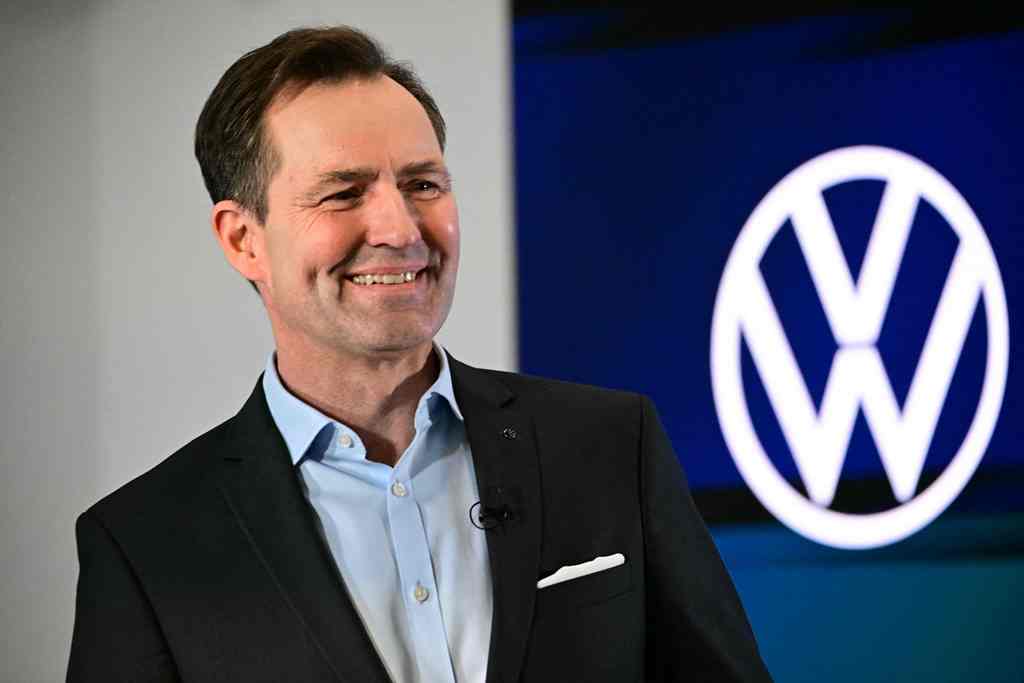HANOVER, Germany (AFP) – Crisis-hit auto giant Volkswagen said Friday it planned to axe 35,000 jobs by 2030 in Germany after reaching an agreement with unions on a drastic cost-cutting plan.
The deal, struck at the end of marathon negotiations with labour representatives, will save Europe’s largest carmaker around four billion euros (USD4.2 billion) a year, the German group said.
But the powerful IG Metall union hailed the agreement, which came just in time for Christmas and put an end to rolling strikes, saying it had averted forced redundancies and plant closures.
Volkswagen had originally said it was considering completely shuttering production sites in Germany, which would have been an unprecedented move in the 87-year history of the carmaker.
The situation at the eponymous mass-market Volkswagen brand, which employs around 120,000 people in Germany, was “serious” and demanded urgent action, management argued.
VW has struggled with the transition to electric vehicles as it battles rising competition in China from local manufacturers, such as BYD and Geely.
The 10-brand group — which also owns Audi, Porsche and Skoda — has said it also has to contend with falling demand and elevated labour and production costs in Europe.
“There will be no plant closures,” negotiator Thorsten Groeger from the IG Metall union told a press conference.
The agreement however foresaw cuts to production across Volkswagen’s 10 German factories and corresponding job losses.
Volkswagen’s smallest factory in Dresden, which employs around 300 people, would stop vehicle production at the end of 2025 and be converted to another use, the group said.
At a plant in Osnabrueck, where some 2,300 people work, production would continue until mid-2027 before “other uses” for the site were found.
The number of production lines at Volkswagen’s headquarters in the central German city of Wolfsburg would meanwhile be reduced from four to two, the group said.
In the process, 4,000 jobs would be lost at the flagship factory by 2030 and the production of the popular Golf car relocated to a factory in Mexico.
And in eastern Zwickau, a key site for the production of electric vehicles, the number of lines would be cut to one.
“We had three priorities in the negotiations: reducing excess capacity at the German sites, reducing labour costs and reducing development costs to a competitive level,” VW brand CEO Thomas Schaefer said at a press conference in Berlin.

In all three cases, the group had been able to find “viable solutions”, Schaefer said.
All in all, the carmaker would reduce its capacity in Germany “by over 700,000” units, he said.
“These are tough decisions, but also important decisions for the future”.
Of the planned four billion euros in savings, 1.5 billion would come from lower labour costs and a progressive reduction in the group’s headcount, Volkswagen said.
The deal foresaw a pay freeze for employees in 2025 and 2026, and the spreading of previously agreed bonuses over several years.
Auto industry expert Ferdinand Dudenhoeffer from the Center Automotive Research (CAR) told AFP the severance costs for workers leaving the company “will be high”.
The planned reductions in employees and production underlined how “VW is getting smaller and smaller in Germany”, Dudenhoeffer said.
The same was however true for many of the country’s storied auto manufacturers, he said, adding: “Germany is losing importance for the automotive industry.”
The struggles at Volkswagen have been symbolic of a wider malaise in Europe’s biggest economy, which has been hit by high energy prices and is drifting towards its second straight year of contraction.
The risk that the crisis at one of Germany’s most iconic companies could lead to mass layoffs had drawn politicians into the debate ahead of early elections on February 23.
Chancellor Olaf Scholz of the Social Democrats, who faces an uphill battle to hold on to his job in the election, warned recently that factory closures “would not be the right way”.





